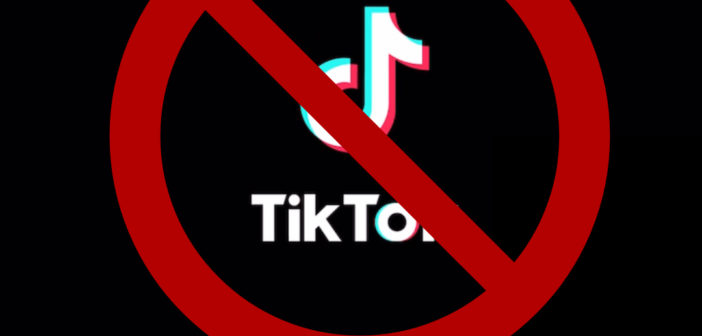By Hadassa Ferreira, Contributing Writer
If there is something that the new generation loves, it is technological trends. If there is something the new generation hates, it is losing access to those current trends.
TikTok has been one of the biggest technological fads of the past six years, while also being a generator of other pop culture movements. However, the fear of losing this beloved app has arrived.
In March 2024, decision makers in Washington, D.C. alarmed TikTok fans by creating a bill that aims to force the Beijing-based TikTok’s parent company, ByteDance, to sell this social media platform or be banned in the U.S.
American lawmakers have long since tried to regulate the TikTok platform, but they have not had success. The main reason behind the desire to regulate TikTok is its connection with the Chinese government.



American lawmakers argue that the Chinese could use TikTok to spy on the American people or even manipulate the U.S. public and exercise negative influence over it. For example, through the spread of propaganda.
The ones in favor of the presence of TikTok in the U.S. argue that other social media sites also gather people’s data and that from a security perspective, TikTok is not more dangerous for individuals than Facebook.
This fact allows TikTok supporters to believe that the U.S. and China’s rivalry relationship is the main trigger for the ban, and not exactly the security of the American people’s data.
“I think it is safe to say that ByteDance’s reluctance to sell is a pretty clear sign that they view owning and operating TikTok as a strategic benefit,” said Professor Frank Orlando, from Saint Leo’s political sciences department. “Everyone makes a big deal about the Chinese government having control over private data, but I think that’s a small aspect of this.”
ByteDance has strongly negated that it has never received Chinese government requests for American people’s confidential information. The company has also transferred U.S. users’ data to servers to a company in Austin, Texas, called Oracle. They also argue that Americans’ data are monitored by third-party auditors in the U.S.
TikTok supporters say its ban is a violation of the First Amendment of the Constitution. The government should not forbid the American people’s access to information unless they can prove its overwhelming speech threat very clearly. Experts say that the ban does not legally threaten the constitution, since the problem is not the platform itself, but the foreign ownership of it.
There were other attempts to regulate or even ban TikTok in the U.S. before; however, lawmakers had little success. American TikTok content creators have sent petitions and contested the bills that were not approved.


The reality is that there is a huge amount of American people who create content on the platform and acquire their income from it. Therefore, it will be difficult to approve a law that bans the use of TikTok in the U.S. without a fight.
“I personally believe that there is strength in the masses,” said Eva Sanders, a senior majoring in history and a frequent TikTok content creator. “Creators alone might not have much of an impact; however, this coupled with the impact of viewers will make a difference.”
This is the first time that the attempt to ban TikTok has gone so far. It has already passed the House and President Biden has given statements that show his intention to sign the bill if it is passed in the Senate, which is where it is stopped now. However, we do not know if the Senate will approve the bill. There is a 50 percent chance it does and a 50 percent chance it does not.
The fact is that it is going to take a while for a resolution to happen and even if the bill is passed, ByteDance still has six months to sell TikTok, and this time can be contested and increased. This is an ongoing story with many moving factors.





